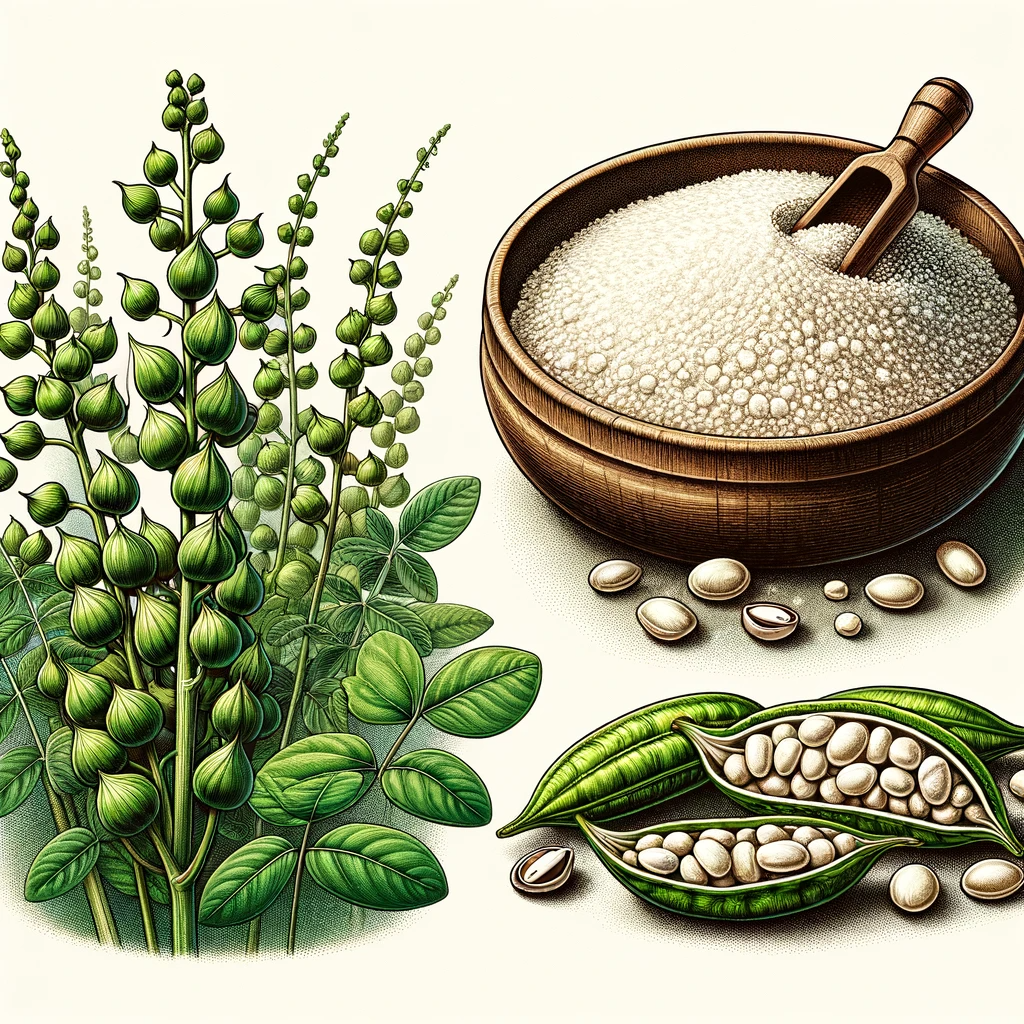The Truth About Excess Protein Intake: Myths, Facts, and Health Benefits

Introduction
Protein is often spotlighted in nutritional discussions, especially concerning its optimal intake. A common concern is whether consuming too much protein can be harmful. However, for most individuals, excess protein intake is not only safe but also comes with several benefits, including aiding in weight management.
Dispelling the Myths of Protein Overconsumption
-
Kidney Health: Contrary to popular belief, high protein intake does not harm kidney function in healthy individuals. This myth is largely based on studies with patients who already had pre-existing kidney conditions.
-
Bone Health: Some believe that high protein intake may lead to bone loss, but research shows that protein can actually be beneficial for bone health, especially in aging populations.
Benefits of High Protein Intake
-
Increased Satiety: Protein is more satiating than carbohydrates or fats, which can help in controlling appetite and aiding in weight loss or weight management.
-
Boosted Metabolism: A higher protein intake can increase the number of calories you burn due to the thermic effect of food - the energy required to digest, absorb, and metabolize nutrients.
-
Muscle Maintenance and Growth: Excess protein can be beneficial for muscle maintenance, especially in periods of calorie restriction or for older adults to combat age-related muscle loss.
Who Should Be Cautious?
While excess protein is generally safe for the majority, individuals with certain medical conditions, such as pre-existing kidney disease, should consult with healthcare professionals before increasing their protein intake.
Our Perspective at Fresh Field Performance and Nutrition
At Fresh Field Performance and Nutrition, we advocate for balanced and informed dietary choices. Our protein products are designed to support your dietary needs, whether for fitness, weight management, or general health.
Conclusion
High protein diets are often misunderstood. For most individuals, consuming protein in excess of daily recommendations can be safe and beneficial. As always, it's essential to consider personal health conditions and dietary needs.
Sources:
Antonio, J., Ellerbroek, A., Silver, T., Orris, S., Scheiner, M., Gonzalez, A., & Peacock, C.A. (2015).
-
Title: "A high protein diet (3.4 g/kg/d) combined with a heavy resistance training program improves body composition in healthy trained men and women – a follow-up investigation."
-
Source: Journal of the International Society of Sports Nutrition
-
Summary: This study demonstrates that high protein intake (up to 3.4 g/kg/d) does not negatively impact kidney or liver function in healthy, physically active individuals.
Paddon-Jones, D., & Leidy, H. (2014).
-
Title: "Dietary protein and muscle in older persons."
-
Source: Current Opinion in Clinical Nutrition and Metabolic Care
-
Summary: Discusses the role of dietary protein in preserving muscle mass and function in older adults, highlighting the importance of protein intake in aging populations.
Westerterp-Plantenga, M.S., Lemmens, S.G., & Westerterp, K.R. (2012).
-
Title: "Dietary protein – its role in satiety, energetics, weight loss and health."
-
Source: British Journal of Nutrition
-
Summary: Reviews the effects of dietary protein on satiety, thermogenesis, and weight management, supporting the role of protein in enhancing satiety and managing body weight.
Shams-White, M.M., Chung, M., Du, M., Fu, Z., Insogna, K.L., Karlsen, M.C., LeBoff, M.S., Shapses, S.A., Sackey, J., Wallace, T.C., & Weaver, C.M. (2017).
-
Title: "Dietary protein and bone health: a systematic review and meta-analysis from the National Osteoporosis Foundation."
-
Source: The American Journal of Clinical Nutrition
-
Summary: A comprehensive review suggesting that higher protein intake is beneficial for bone health, contrary to the belief that it might cause calcium loss and bone weakening.






